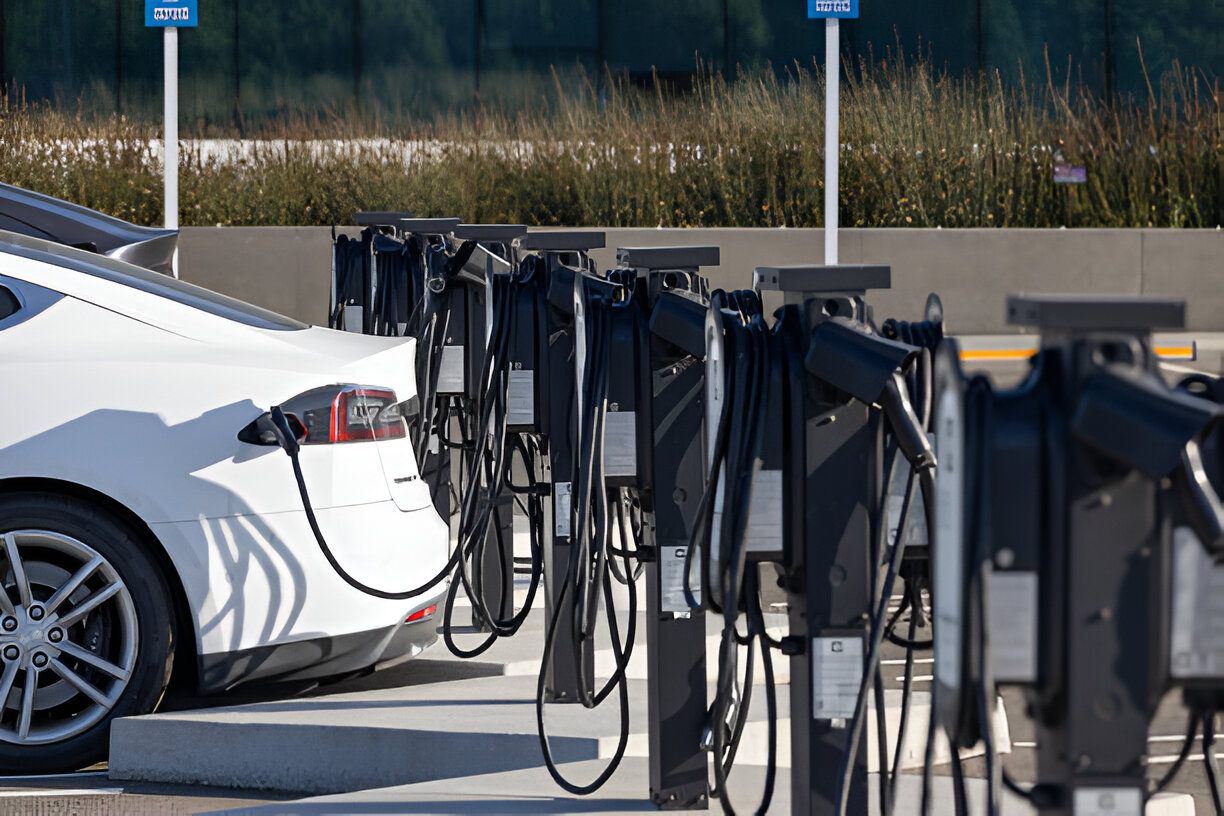
Hearing all about the different charging times for EVs might make you wonder why some charge in minutes while others take hours, right? Well, the secret lies in different charging technologies and innovations. So before you switch to an EV, read this blog to understand the EV charging levels, how fast charging works and what new innovations are going to be a part of EV charging technology.
Keep reading for more.
There are 3 main types of EV charging levels, Level 1, Level 2 and Level 3. And each one of them has some specific characteristics and applications.
The most basic and commonly used way to charge electric cars is Level 1 charging. It uses a standard 120-volt outlet that you normally use in your home. The key benefit of Level 1 charging is that it’s extremely convenient and you don’t need any particular equipment or installation. On the downside, it’s also the slowest and provides only 3 to 5 miles of range per hour.
Level 1 charging is best suited for overnight charging or for those people who only take shorter commutes daily.
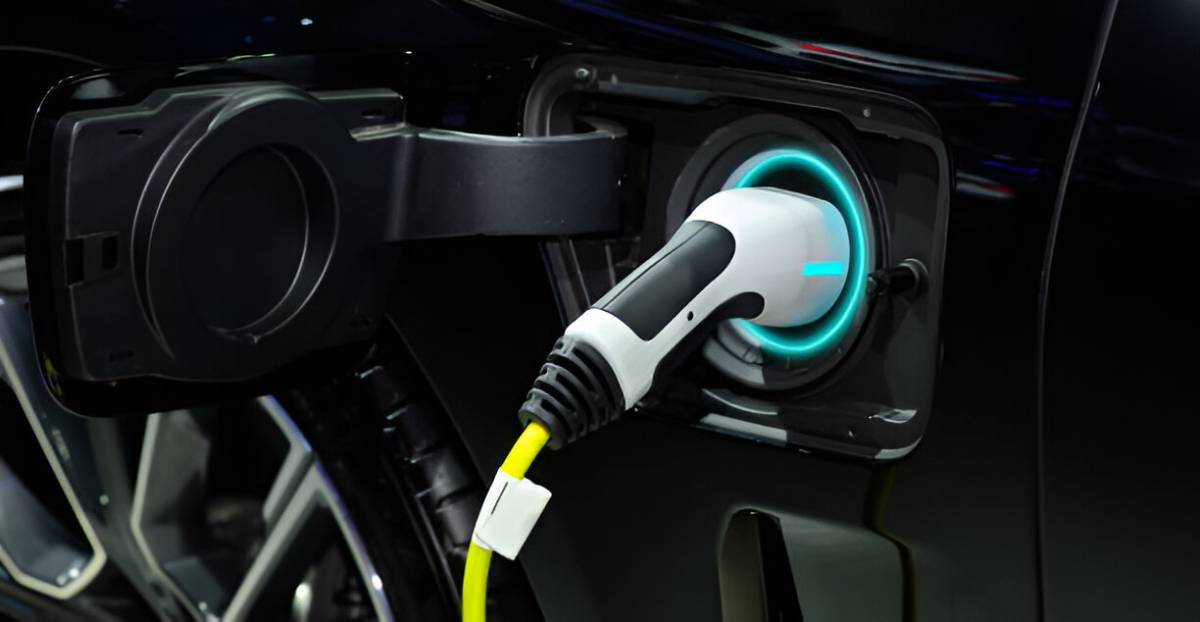
The next level is Level 2 charging, which uses a 240-volt outlet, similar to what you usually use to operate your oven or dryer. Level 2 charges your EV battery quicker than Level 1 and can add up to 25 miles of range per hour – a relatively balanced option between charging speed and cost. Level 2 chargers, being a more common choice, are usually installed in residential garages, public parking lots and offices. A Level 2 charger is installed by a professional and costs around $500-$700, excluding the labor cost.
Level 3 charging is the quickest way to charge your EV battery. It’s also known as DC Fast Charging and can add up to 350kW power in just 30 minutes, which means 100-200 miles of range. Some of the latest EVs can even gain up to 180 miles in just 10 minutes of Level 3 charging. DC fast chargers are the best option for long-distance travel but are more expensive to install and use. In addition to that, they are only compatible with the latest models, not with all EVs.
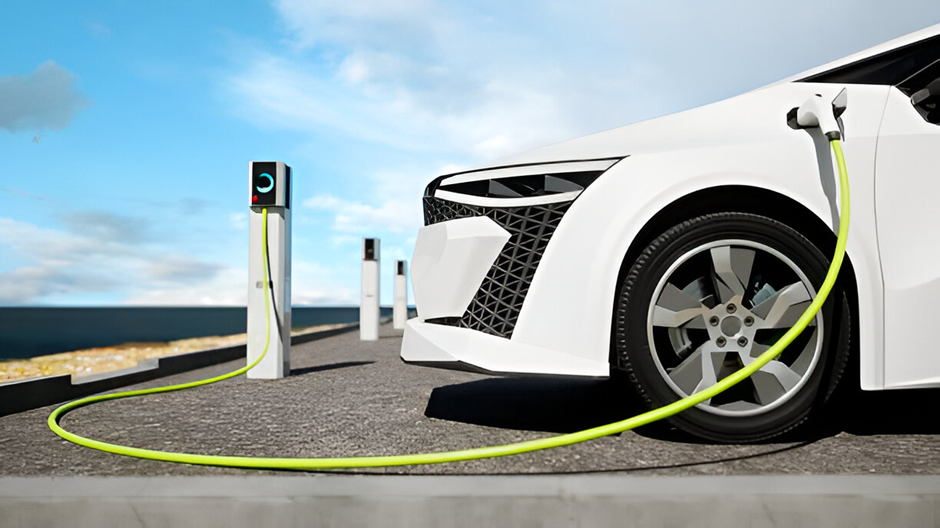
Fast chargers use high-capacity batteries, advanced power electronics and complex cooling systems (for example, liquid cooling cables) to manage and dissipate the heat that may be generated during the charging process.
Discover the latest EVs with advanced features here and buy the right one for your lifestyle.
Smart grid technology has improved the energy management systems, which means fast charging can work without overloading the electrical grid. One of the ways this will be implemented is via wireless car charging.
Imagine that you’ve parked your car at a charging station and it charges automatically as long as it is parked, without you having to plug in any cables. That’s going to be the future of EV charging technology – wireless/inductive charging. It uses an electromagnetic field to transfer energy from a mounted charging pad to an EV next to it. It’s just like how the wireless charging of your phone works.
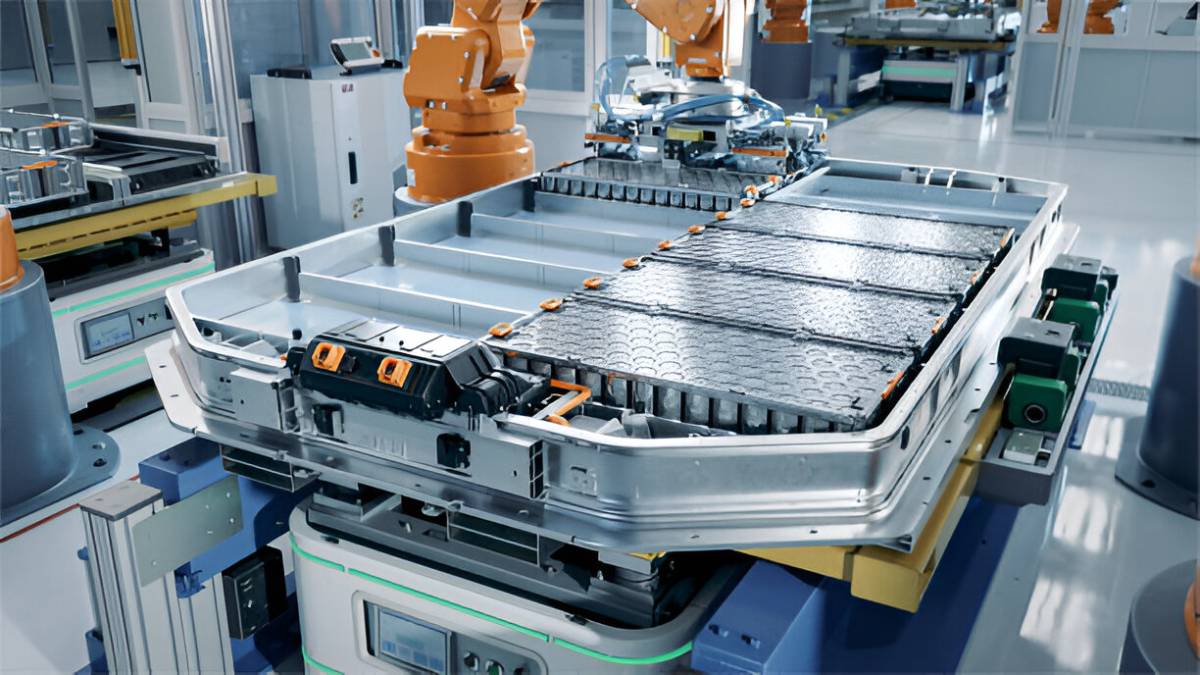
Though still a long way to go before commercial installations, wireless charging holds the potential to revolutionize the EV charging process and make it more convenient, particularly in urban areas where it’s difficult to install the traditional charging infrastructures.
Another breakthrough in the EV technology is the development of solid-state batteries. Unlike the traditional lithium-ion batteries that use liquid organic solvents and lithium salts as electrolytes, solid-state batteries use solid electrolytes. Solid-state batteries can store energy better with less waste, support faster charging and have a higher level of safety.
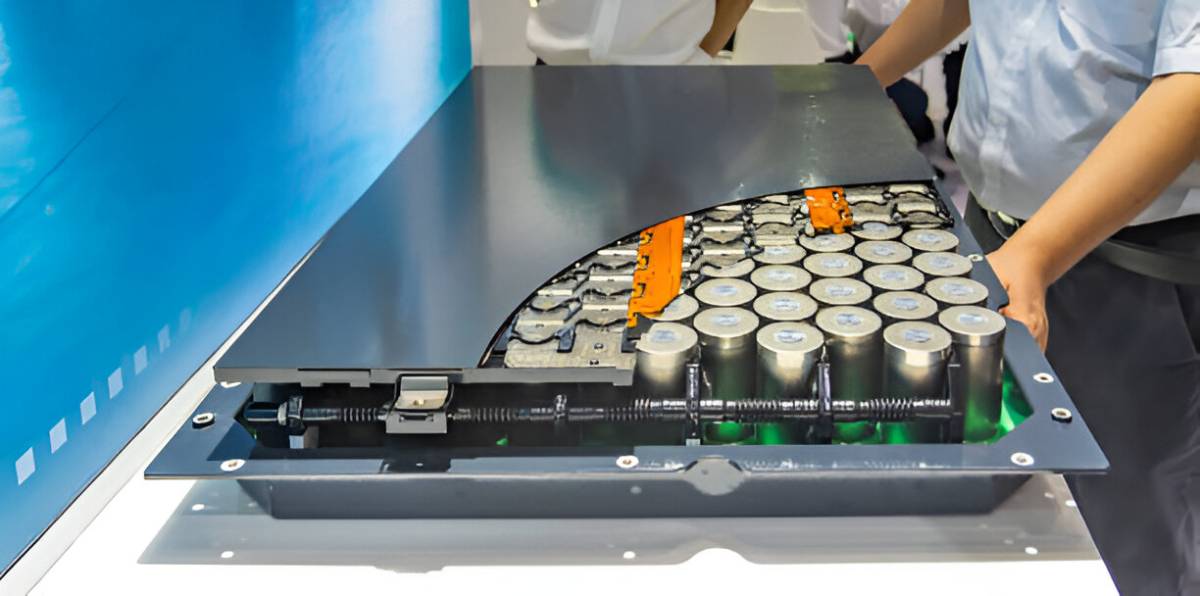
Companies like Toyota and QuantumScape are leading the market in the research, development and commercialization of solid-state batteries so that any issues we see in the existing battery designs might be resolved.
A useful and much-needed convenience in EV charging technology is the availability of a universal charger. Unlike brand-specific chargers, universal chargers are specifically designed so that they can work with virtually any EV without considering the EV manufacturer.
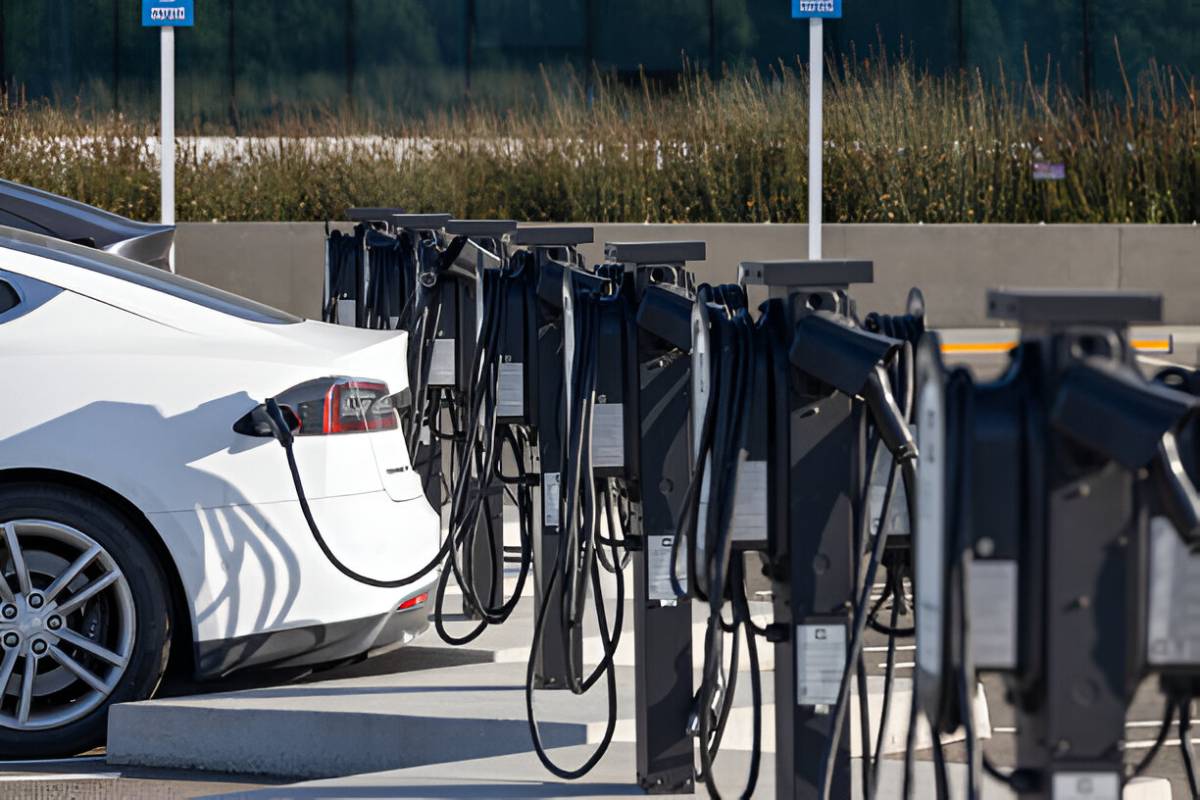
This kind of flexibility means you can use a universal charger and don't have to buy a specific charger your car brand pushes you to buy. This makes universal chargers a cost-effective and a convenient choice for the most EV owners.
ABOUT THIS ARTICLE:
Change Your Location
Weekly graph